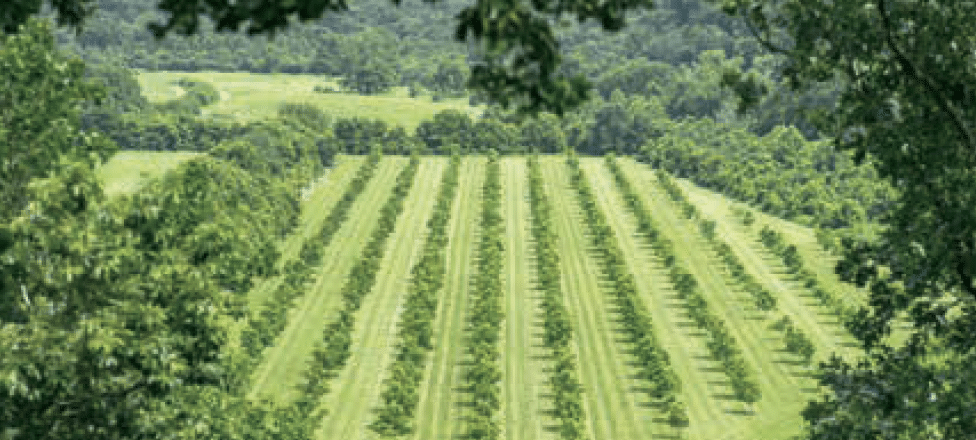The Benefits of Specialty Crops and Native Orchards
Incorporating specialty crops and native orchards into your property offers a wealth of environmental, economic, and personal benefits. Whether you’re looking to enhance biodiversity, explore niche agriculture markets, or simply grow nutritious food for your family, specialty crops and native species can transform your land into a thriving, sustainable ecosystem.
Why Add Specialty Crops to Your Landscape?
Specialty crops—defined by the Farm Bill as fruits, vegetables, tree nuts, dried fruits, and nursery crops—offer unique characteristics, flavors, and cultural significance. These crops provide multiple benefits:
- Biodiversity Enhancement: Specialty crops support diverse ecosystems, breaking the monotony of monoculture farming. Native plants such as pawpaw, persimmon, and elderberry also attract pollinators and wildlife, enriching local biodiversity.
- Economic Opportunities: Specialty crops allow farmers and landowners to access niche markets. Crops like chestnuts, pecans, and chokeberries often command premium prices, catering to health-conscious and sustainability-focused consumers.
- Environmental Stewardship: Specialty crops often require fewer chemical inputs and promote soil health through agroecological systems and crop rotation strategies.
- Health Benefits: Rich in antioxidants, vitamins, and minerals, these crops contribute to healthier diets. Examples include chokeberries, elderberries, and pawpaw fruit, each known for their high nutrient content.
Planning Your Orchard
- Site Selection: Choose a location with ample sunlight, well-drained soil, and wind protection. Utilize tools like the USDA’s Plant Hardiness Zone map to match tree species to your climate.
- Crop Selection: Consider market demand, your personal interests, and site conditions. Popular options include pawpaw, pecan, and sugar maple. For tailored advice, consult local agricultural extension services.
- Soil Preparation: Conduct a soil test and improve drainage if necessary. Rolling landscapes are ideal for preventing waterlogging and wind damage.
- Tree Varieties: Planting multiple species of the same fruit enhances pollination and attracts more pollinators.
Some of Forrest Keeling’s Favorite Specialty Crops
- Chokeberry: Rich in antioxidants, native chokeberries support wildlife while thriving in diverse urban and rural settings.
- Elderberry: Known for its medicinal properties, elderberry shrubs produce fruit quickly and thrive in various soil conditions.
- Pawpaw: The largest native fruit in North America, pawpaw boasts a tropical flavor reminiscent of mango and banana. It thrives in partial shade and offers ecological and medicinal benefits, including erosion control and potential anticancer properties.
- Pecan: A versatile nut tree with high nutritional value, pecans are ideal for long-term orchard production.
- Black Walnuts are suitable for both short-term and long-term agroforestry systems because they provide nuts and timber.
- Chestnut: This emerging non-native crop produces gluten-free, nutrient-dense nuts, making it a sustainable choice for agroforestry systems. Chinese, European, and Japanese chestnuts provide the basis for worldwide chestnut production.
The Role of RPM-Produced Trees
Using Forrest Keeling’s patented RPM (Root Production Method) container-grown trees can significantly improve your orchard’s success. These trees establish quickly, exhibit greater than 90% survivability, and produce earlier yields than bare-root stock. While initially more expensive, RPM trees save money in the long term due to their resilience and performance. And they can shorten the time from orchard establishment to marketable crop.
Urban and Suburban Applications
Even small yards or urban greenspaces can support native orchards and edible plants. Urban areas can benefit from:
- Compact Crops: Hazelnuts and elderberries adapt well to limited spaces.
- Pollinator Support: Native species attract bees, butterflies, and birds.
- Ecosystem Restoration: Plants like aronia and pawpaw improve soil health and contribute to rain gardens.
Embrace Specialty Crops Today
Whether starting an orchard or enriching your landscape with specialty crops, the opportunities are vast. From fostering biodiversity to tapping into lucrative niche markets, specialty crops and native species can transform a private property or an urban setting.
Learn more about Forrest Keeling’s patented RPM-production technique. If you’re considering adding a native specialty crop to your home or farmland, download our Specialty Crop booklet for more ideas.

Specialty Crop Brochure
Detailed information on adding specialty crop trees and shrubs to your land.
